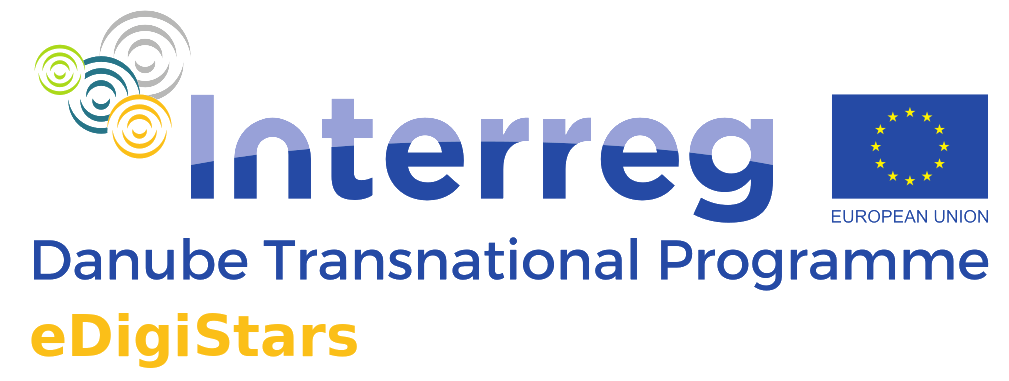
- Search term must have more than 2 characters.


The rapid development of digital technologies and their increasing application in many areas of everyday life challenge all citizens to continuously learn digital skills.
This also applies to older adults, among whom digital literacy is on average less well-developed than among younger adults.
There are many challenges to ensuring that technologies truly empower older people who wish to be connected, and provide alternate solutions for those who want to remain offline or do not have a choice. Hopefully, many incentives will trigger rapid change and here is the contribution of eDigiStars project. The “silver economy” is estimated at 15 trillion EUR globally. The public and private sectors recognize that the ageing population represents an appealing opportunity, particularly for the technology industry and digital services. There will be only growing needs for the inclusion of Baby Boomers in these industries.
Several recommendations for future inclusion of older people in the digital field can be derived from the eDigiStars project.
First, the heterogeneity of older adults in particular with regard to digital technologies needs to be acknowledged. To support the older people in gaining digital skills no one-size-fits-all approaches should be applied. eDigiStars innovative system, piloted and amended, is an example to follow.
Second, social contacts often play an important role as ‘door-opener’ for participation in digital learning activities.
Thus, specific emphasis should be put on developing safe and inspiring learning environments that enable such social contacts. This is increasingly important because digitalisation is relevant in all people’s lives, including older adults, even though for some of them an interest in learning and using digital technologies might not come automatically. Online courses are not suitable for seniors in their digital skills improvements for a new career as the social contact stays very important for their motivation for change.
Project partners worked hard to improve the whole eDigiStars’ system and developed new versions of the three tools, as well as Territorial action plans. The Territorial Action Plan refers to the eDigiStars Strategy that was set up in the beginning of the project. Now, after the successful implementation of the pilots, Territorial Action Plans were prepared. The individual Territorial Action Plans cover key actions, the timing of activities, financial and human resources and institutional responsibilities in each participating territory.
The purpose is to ensure that the eDigiStars system will be rolled out over the next three years following the completion of the funded project.
Project co-funded by the European Union funds (ERDF, IPA, ENI)
http://www.interreg-danube.eu/edigistars